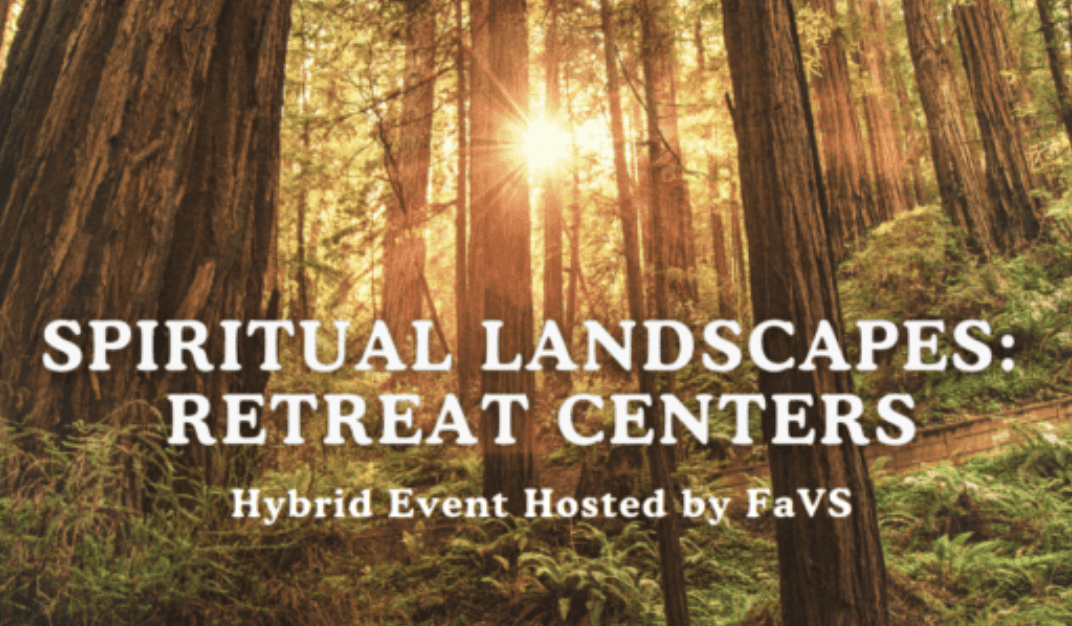
Is it possible to transcend one’s personal beliefs and opinions, and to what end?
In a series of posts, based on a paper I presented recently at the Pacific Northwest regional meeting of the Society of Biblical Literature (May 11, Concordia University Portland), titled “Ways of Believing,” I will address this question. A theology of understanding is greatly needed in place of the human tendency to convert others to a particular way of believing.
I begin and end this initial post with a story.
When I was teaching required courses on the New Testament to freshmen, two students came regularly to my office hours. The first was a young Asian woman from Hawaii who grew up in a secular home without exposure to religion or the Bible. The other was a young man from Pakistan who grew up as a Muslim. They were reading the New Testament for the first time as required in my course. We sat together hour and hour, week after week, and I would field their questions.
One day we got on to the topic of prayer. The young woman had never prayed before. She had lots of questions about prayer, like, who do you pray to, what do you say when you pray, how do you know when you are praying?
Her questions ignited something in the young man as if they were a threat to his belief system and worship practices. While explaining at length that Muslims must stop several times a day to pray, he became agitated and defensive. At the first sign of a pause, I broke in and said, “It is wonderful you have that ritual of daily prayer, but . . . .”
Then I asked him a question I was also asking of myself: “What good is all that prayer if it makes no difference in your life?” Silence filled the space.
After several moments, the young woman said, “Well, that’s true,” as if she suddenly understood the purpose of prayer.
More importantly, when I looked at the young man I saw a wonder in his eyes that I hadn’t seen all semester long. His defenses dropped. Here was a struggling person, very thin because he wasn’t eating. Not eating because he was homesick. Homesick due to the cultural barriers, language barriers, and religious barriers he faced.
There we sat, three individuals from various parts of the world with very different perspectives, sharing one thing in common regardless of the beliefs that separated us — there the three of us sat as human beings.
How to capture such a moment, and live into it, that is the question.








Beautifully written. I loved it!